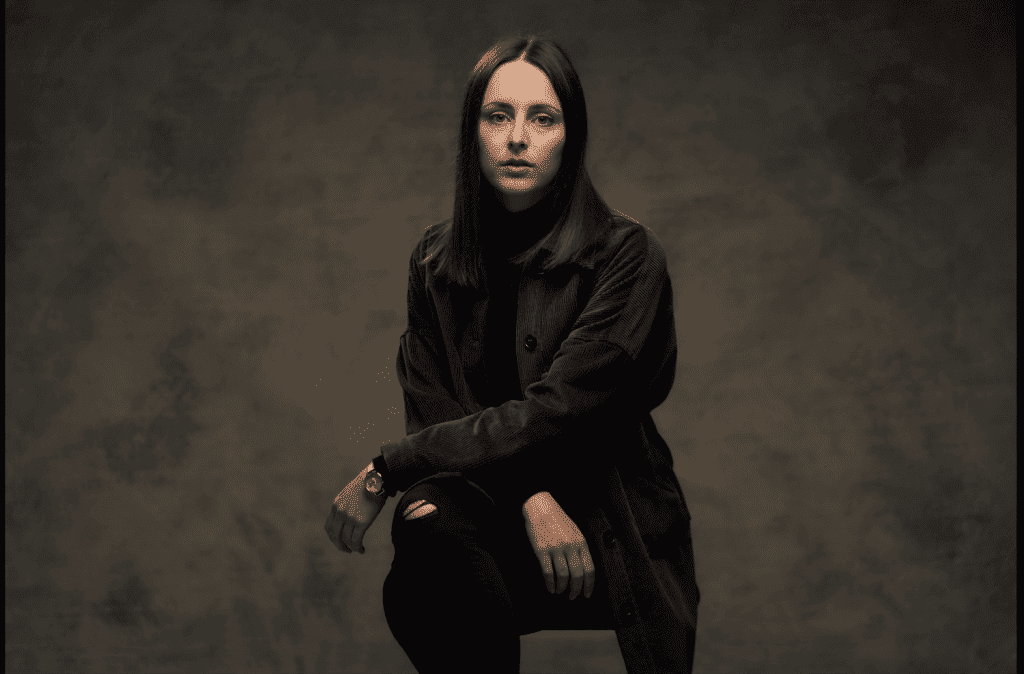
Hostile – Documentary uncovers the fragility of immigrant living
Hostile is Sonita Gale’s exploration of the awful circumstance that many British citizens experiences under the government’s thumb and is a necessary watch.

Wolverhampton born Sonita Gales grew up in a working-class migrant from India. She knows first-hand the complicated relationship migrant communities face with the UK government. Building foundations on this are testimonials from academics, politicians, NHS workers and Black and Asian participants. Hostile investigates the government’s ‘hostile environment’ stance on immigration from across the political spectrum which I discuss with Sonita below.
Who is the target audience for this film?
The target audience for Hostile covers the political spectrum and all age groups. I say this because the issues we cover in the film impact us all. We need to consider the way people who are migrants are treated by our government and the way they are discussed in the media. Moreover, we may think of immigration policies as something that impacts other people, but in this film, we pose the question: “What happens when the hostile environment comes for us all?” With the Police, Crime, Sentencing and Courts Bill, and the Nationality and Borders Bill making their way through parliament, this is not an abstract question.
That said, there is a unique appeal for younger people. Specifically, because it’s a documentary with an activist/political dimension that many young audience members are interested in. Within the film, we look at legislation and show protest movements that have arisen in response which have been organised and attended predominantly by young people – so perhaps that is one of the reasons. We hope that Hostile can inspire younger generations to use their voice and influence change.
Trailer for Hostile documentary | Hostile
What was the driving force for you to produce “Hostile”?
The inspiration behind the making Hostile was my parents. They arrived here as migrants in the wave of immigration after World War 2. They built a home here, and they were part of a tight-knit community. When the first lockdown happened, I wanted to explore how these communities were coping. Slowly the investigation drew me into the UK’s immigration policies and the cruel way in which migrant communities were treated. It was pure hypocrisy, especially as we were speaking at the time about how key workers formed the backbone of our society, and migrants made an important contribution to that.
Meeting the participants and filming their unravelling narrative led me on a personal journey of discovery. One which linked my family’s history to the larger story of British identity, and the extent to which migrant communities, such as the one I grew up in, were essential to the fabric of this country. As a filmmaker, the compelling personal nature of the story, combined with the fact that there were so many inconsistencies in our society and contradictions in our current political system, was both fascinating and troubling to me.

What was your experience growing up in Wolverhampton? Would you say you felt like you belonged?
My mum would tell me later in life that times were hard when we were growing up in Wolverhampton. I never really fully realised it until I was much older. The reason was that they arrived in a country where they didn’t speak the language and, like other migrant families, had to adapt very fast. They were working-class parents. One way to get by was to develop a strong sense of community with other migrant families. I lived on Bradley Lane, which was predominantly white working-class. My parents started out as manual workers in factories, and eventually, opened up a convenience store. I felt we had a strong community spirit and I lived not so far away from the Gurdwara and our extended Indian community.
However, when my father passed away, my mother had to eventually close the shop and go to work in a factory working long hours day and night. As I was growing up, the National Front also became a presence in my area, so racism was definitely something I was aware of. As a child, I would be called racist names, and often I would be scared walking to and from school. I have spoken to these people to try and understand why they were acting this way. Deep down I actually felt sorry for a lot of them because most came from broken homes.
I felt that having conversations with these people really helped break down barriers. That’s an attitude that’s continued with my work today – opening conversations to influence change. So to answer your question, I did and didn’t feel like I belonged. I felt a sense of belonging from my community, but there was always someone, somewhere who would want to make you feel like this place was not really ours.
I came to England when I was 3 years old. It took me and my family 19 years, hundreds of pounds and stacks of paperwork to finally be given naturalisation. I have my own experiences and advice that I could give to others. What would you tell migrants that are slowly giving up being accepted by this country?
In making Hostile, I came across many people who are living through the same thing. Some made it through. Others are still dealing with the Home Office and jumping through the various hoops that have been placed before them. Some, sadly, have left. Either of their own accord or because they were deported. It’s hard to give advice because there isn’t a happy ending for everyone.
I appreciate all the immigration lawyers that provide free advice to migrants who need it. As I said, legislation can be complicated and the cost of legal fees can bankrupt you. But rather than give advice to migrants, I want to give advice to lawmakers and tell them that steps need to be taken to make our policies more humane. Given the contributions migrants make – not just economically, but al
so culturally – our country will be better off for it.

A part of the film that touched me was the story of Sumit Sehdev and Lakhvir Singh, two Glasgow residents who were freed from immigration detention van due to the vigorous protests of their neighbours. The story was powerful and moving. After such an emotional storyline was it intentional to end on such a positive note?
The film can be hard to watch because of the ways that people have been affected by the Hostile Environment policies. But I do want to stress that there is some positivity in it. The message at the end of the film, with the release of Lakhvir Singh and Sumit Sehdev’s release in Glasgow, and the support they received, brings the story back to the idea of the community which inspired this film, to begin with through my parents.
During filming in 2020 we witnessed a number of protest movements that were sustained and significant in scale. They showed that people wanted change and were not satisfied to stay at home and tweet. These included Black Lives Matter, NHS Fair Pay Protests, Anti-Deportation Protests (Home Office & Yarl’s Wood), Kill the Bill, Extinction Rebellion, and Stand Up to Racism’s Anti-Eviction Protests. It was great seeing different organisations coming together and uniting. And these protests continue today.
As participant Zana Khan says “we are a country that is inclusive, not exclusive”. I hope this film makes audiences appreciate this and inspires them to work together towards a kinder and more inclusive society. Audiences need to feel that there is hope in order to be inspired.
Hostile is now in cinemas across the UK until March; a number of screenings will be followed by Q&A discussions with Gale and others. Book your tickets here.






Responses